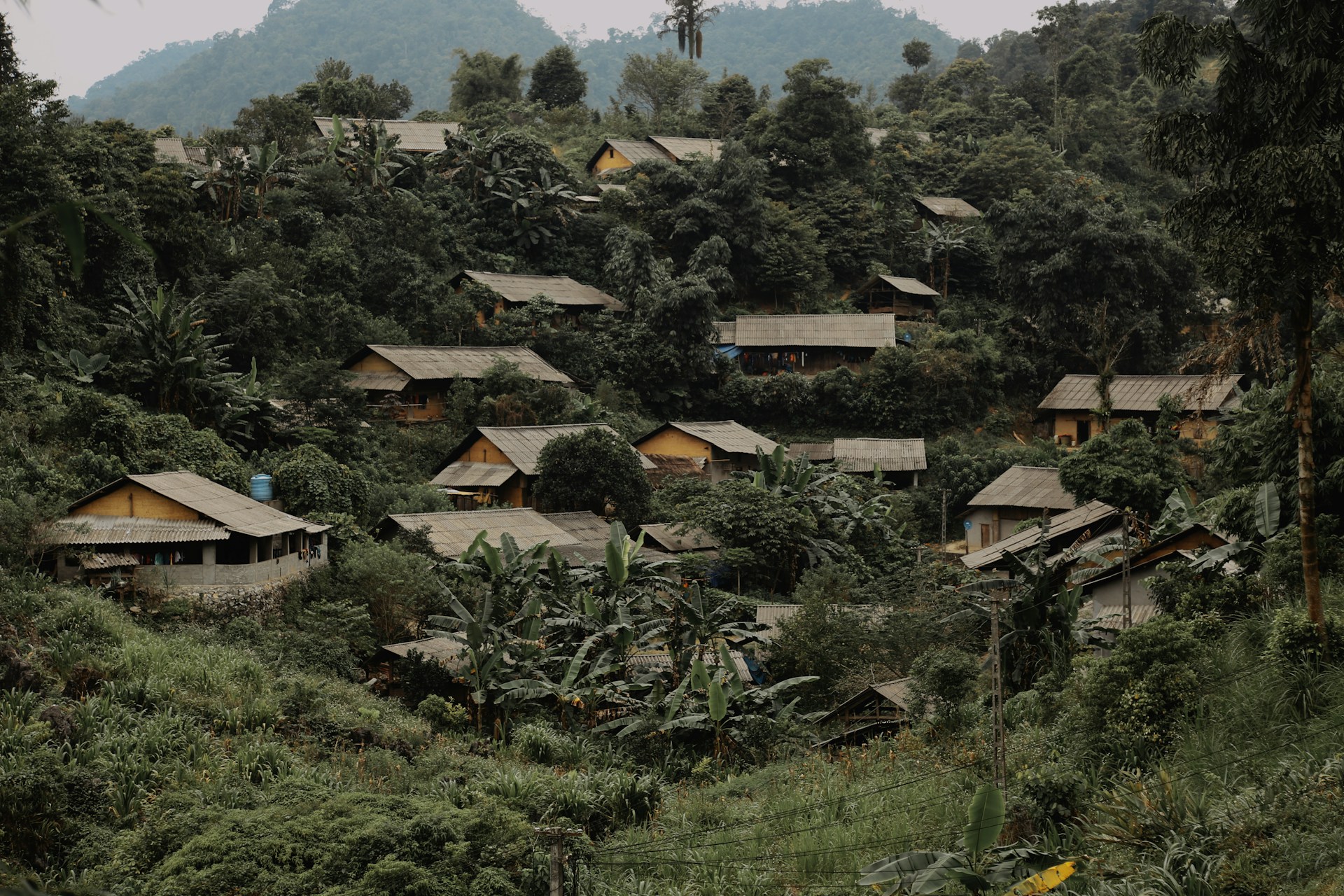Travel and Tourism in 2024
2024 marks a significant milestone for the global travel and tourism industry. International tourism is well on track to return to pre-pandemic levels, with estimates pointing to 2% growth above 2019 levels. Total export revenues from tourism (including passenger transport) are estimated at US$1.6 trillion in 2023, almost 95% of the US$1.7 trillion recorded in 2019, driven by strong domestic and international tourism.
UNWTO Secretary-General Zurab Pololikashvili says: “The latest UNWTO data underscores tourism’s resilience and rapid recovery, with pre-pandemic numbers expected by the end of 2024. The rebound is already having a significant impact on economies, jobs, growth and opportunities for communities everywhere. These numbers also recall the critical task of progressing sustainability and inclusion in tourism development.”
Tourism serves as a vital economic engine for many regions around the world. It generates employment, stimulates local economies, and contributes to global GDP. However, the industry faces significant economic and geopolitical headwinds. These include fluctuating exchange rates, political instability, and economic uncertainties – all of which can impact tourist confidence and travel plans.
According to the World Travel & Tourism Council, in 2019, prior to the pandemic, travel & tourism accounted for 10.4% of global GDP (US$10.3 trillion) and 10.5% of all jobs (334 million). However, lockdowns, travel restrictions, and economic downturns led to a loss of US$4.5 trillion in travel & tourism GDP and 62 million jobs in 2020 alone.
Moreover, geopolitical headwinds from the evolution of the Hamas-Israel conflict may disrupt travel in the Middle East and impact traveler confidence. Uncertainty derived from the Russian aggression against Ukraine as well as other mounting geopolitical tensions, continue to weigh on traveler confidence.
Furthermore, the environmental impact of tourism cannot be overlooked. The carbon footprint from air travel, the strain on local resources and the degradation of natural habitats are just a few examples of how tourism can negatively impact the environment.
Evolving Industry
Against this backdrop, tourist behavior is expected to evolve. Value for money is becoming increasingly important, with tourists seeking high-quality experiences at affordable prices. This trend is likely to result in a shift towards more localized travel, with tourists exploring destinations closer to home.
Travelers are seeking unique experiences that allow them to step out of their comfort zone and create lasting memories. For example, snorkeling with sea turtles in Bali, dog sledding in the Arctic Circle, sailing to the remote islands of Raja Ampat in Indonesia, or hiking the Himalayas. These experiences not only add an element of adventure to travels but also allow tourists to immerse themselves in different cultures and ways of life.
Sustainability is also becoming a key factor in travel decisions. Tourists are becoming more conscious of their environmental impact and are seeking out sustainable travel options. This includes eco-friendly accommodations, carbon offset programs, and experiences that support local communities.
Platforms like Worldpackers offer travelers the opportunity to exchange their skills and time for accommodation and other benefits. For instance, travelers can help with organic farming in Portugal or assist at a hostel in Argentina.
New Considerations for the Industry
For the hospitality and tourism industry, these trends present both challenges and opportunities. They must adapt their business models to cater to changing consumer preferences, while also navigate the economic and geopolitical landscape.
One key consideration is the integration of sustainable practices into business operations. This could involve investing in renewable energy sources, implementing waste management systems or offering locally sourced food and beverages.
Take for instance, Village Ways, an Indian tour operator that is reimagining travel in a sustainable manner that benefits local communities. By limiting the number of guests, they ensure that the traditional, agricultural, and economic life of the host village coexists with a low-impact form of tourism. Traveling with Village Ways offers the opportunity to stay in unique, village-owned guesthouses, hosted by the local community. Guests can enjoy tours led by local guides, savor delicious local cuisine, and witness traditional ways of life. Their travel experiences span the unspoiled regions of India, Nepal, and Bhutan.
Moreover, the industry must strike a balance between providing value for money and maintaining quality. This could mean leveraging technology to enhance customer experiences, offering personalized services, or creating unique local experiences.
The Power of Collaboration
Collaboration among sectors can lead to long-term economic and social benefits for communities. By working together, the travel and tourism industry can contribute to sustainable development goals, support local economies, and enhance the wellbeing of communities.
For instance, when tourism operators form partnerships with local artisans, it not only helps in preserving cultural heritage but also provides a source of income for these communities and creates unique experiences for tourists. Similarly, the tourism sector’s collaboration with environmental organizations can aid in conservation efforts and foster sustainable tourism practices.
In recent times, an increasing number of tour operators, such as World Expeditions and Bamboo Travel, have begun to offset carbon emissions on behalf of their clients. World Expeditions has pledged to make all its trips carbon neutral by investing in forest protection projects in Zimbabwe and Tasmania, and renewable energy projects in China and Vietnam, for every holiday sold. Bamboo Travel, on the other hand, plans to offset 1.5 tons of carbon for each client it sends on its Asian holidays, through a partnership with Gold Standard, a significant player in the offsetting market. This growing trend among tour operators not only contributes to environmental conservation but also promotes sustainable tourism.
Photo Caption: The quaint village of Ha Giang in Vietnam offers eco-friendly and long stays for tourists who are increasingly wanting to immerse themselves in local culture.




